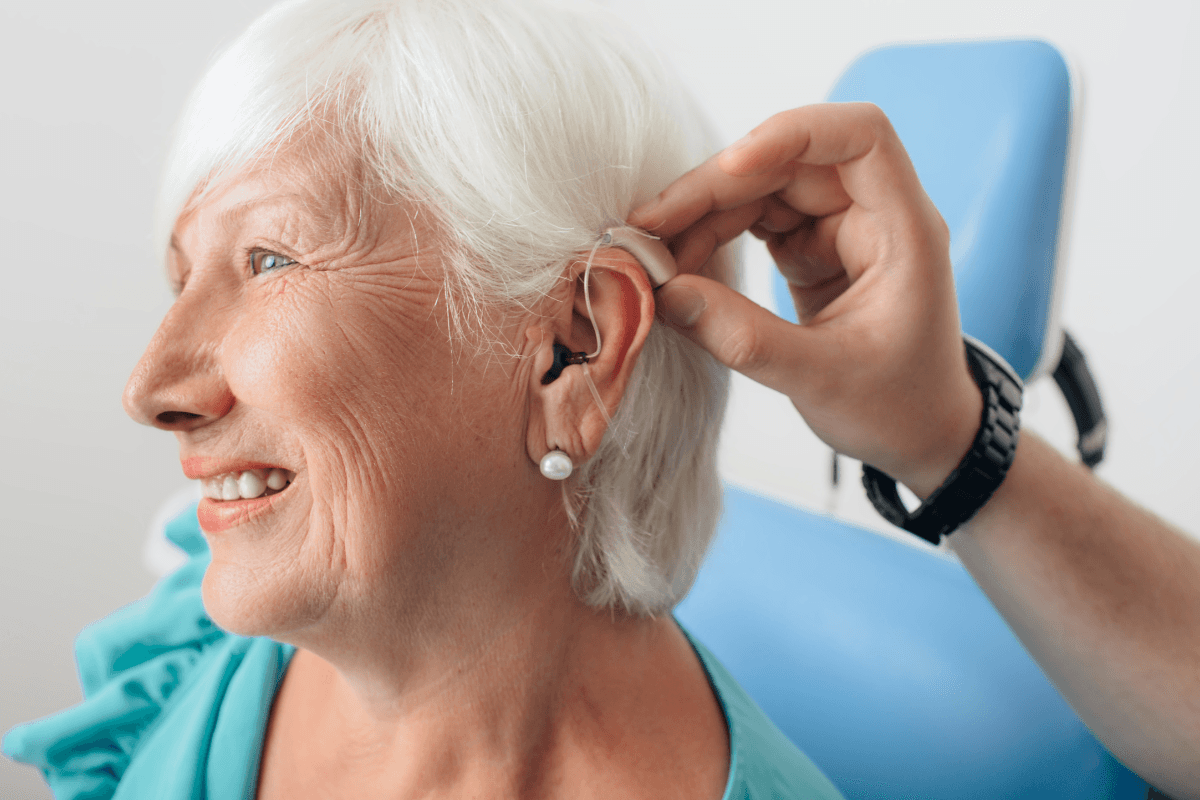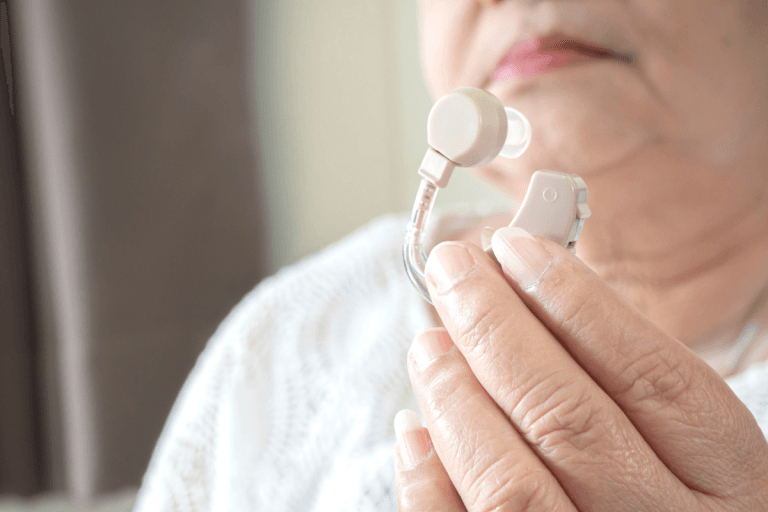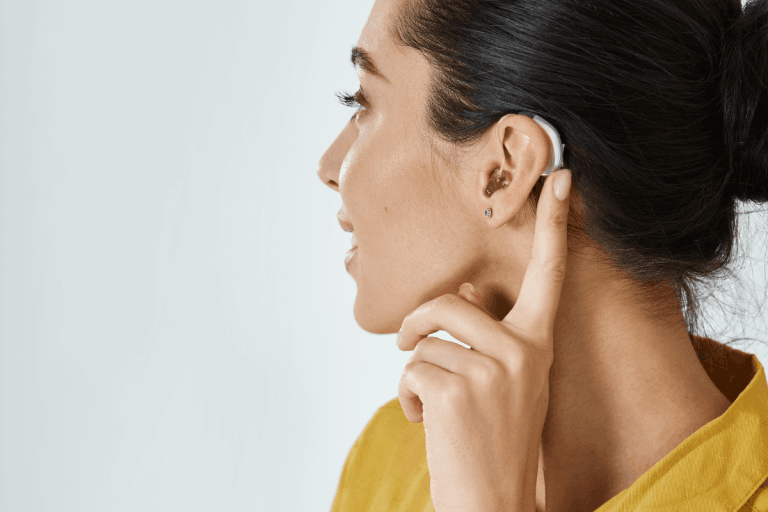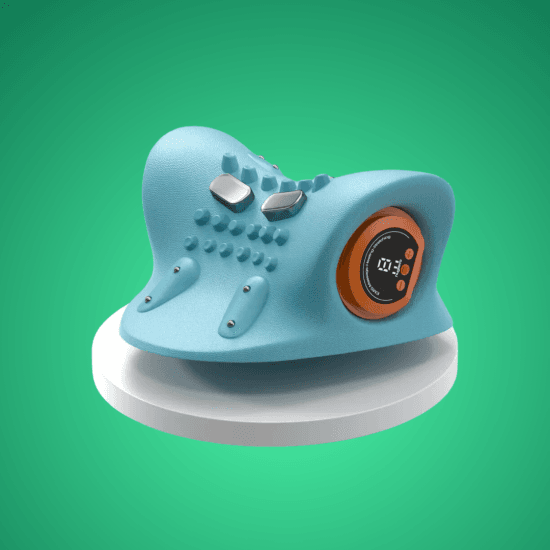Common Myths and Misconceptions Surrounding Hearing Loss and Hearing Aids
Hearing loss and hearing aids are surrounded by a lot of misinformation. From the idea that hearing aids are only for the elderly to the myth that they’re bulky and uncomfortable, there’s a lot of confusion about what hearing loss truly means and how hearing aids work. Let’s tackle some of the most common myths and misconceptions to set the record straight, so you can make informed decisions about your hearing health.
- Hearing Aids Are Only for the Elderly
- Hearing Aids Are Obvious and Unattractive
- Hearing Aids Restore Hearing to Normal
- You Have to Wait Until Hearing Loss Is Severe to Get Hearing Aids
- Hearing Aids Will Fix Everything
- Hearing Aids Are Expensive and Not Worth the Cost
- Using Hearing Aids Will Lead to Further Hearing Loss
- Hearing Aids Are Only for the Elderly
One of the biggest misconceptions about hearing aids is that they are only for older adults. While age-related hearing loss is common, hearing loss can affect anyone, regardless of age. In fact, hearing loss can occur as a result of noise exposure, medical conditions, or even genetics. People of all ages benefit from hearing aids to improve communication and quality of life. - Hearing Aids Are Obvious and Unattractive
Modern hearing aids have come a long way from the bulky devices of the past. Today’s hearing aids are sleek, discreet, and available in various sizes and designs to fit individual preferences. Many are practically invisible, fitting snugly inside the ear canal. So, if you’re concerned about aesthetics, rest assured that hearing aids are much more subtle than you might think. - Hearing Aids Restore Hearing to Normal
While hearing aids amplify sound, they do not restore hearing to its original state. Hearing aids are designed to improve sound clarity, help you hear more easily in different environments, and support your hearing health. However, they do not cure hearing loss or bring hearing back to 100%. They assist with better sound reception but do not repair the underlying causes of hearing loss. - You Have to Wait Until Hearing Loss Is Severe to Get Hearing Aids
Many people delay getting hearing aids because they believe they need to wait until their hearing loss is significant. In reality, early intervention can greatly improve your ability to adjust to hearing aids and enhance your quality of life. The sooner you address hearing loss, the better the results you can achieve with hearing aids. - Hearing Aids Will Fix Everything
Hearing aids are not a one-size-fits-all solution. While they can dramatically improve hearing and communication, they might not work perfectly in every situation. Hearing aids may require some adjustments and fine-tuning to fit your specific needs. For example, in noisy environments, hearing aids can help, but they may not completely eliminate background noise. - Hearing Aids Are Expensive and Not Worth the Cost
Hearing aids can indeed come with a hefty price tag, but many people find the investment well worth it. They significantly enhance communication, help prevent cognitive decline associated with untreated hearing loss, and improve overall life satisfaction. Plus, many insurance plans now cover a portion of hearing aid costs, and financing options can make them more accessible. - Using Hearing Aids Will Lead to Further Hearing Loss
There is no evidence that hearing aids cause hearing loss. In fact, hearing aids can help prevent further hearing deterioration by improving your ability to hear and stimulating your brain. Not using hearing aids when you need them can lead to further difficulties in communication, social isolation, and even cognitive decline over time.
In Summary:
There are plenty of myths about hearing loss and hearing aids, but it’s important to separate fact from fiction. Hearing aids are not just for older adults, nor do they restore hearing to perfect levels. They are, however, an incredibly effective tool for managing hearing loss and improving quality of life. By understanding the truth behind these common misconceptions, you can make an informed decision about your hearing health.
Disclaimer: This article is meant to provide general information about hearing loss and hearing aids. For personalized advice and treatment options, it’s always best to consult with an audiologist or hearing healthcare professional.
References:
- American Speech-Language-Hearing Association (ASHA). “Hearing Aids: Myths and Facts.”
- National Institute on Deafness and Other Communication Disorders (NIDCD). “Hearing Aids.”
- Mayo Clinic. “Hearing Aids.”











